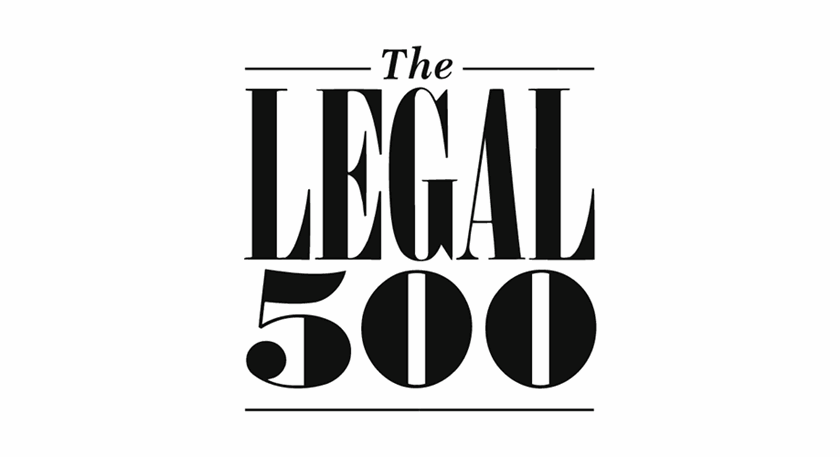Charity Commission consultation on social media guidance
Insight

In January 2023, the Charity Commission published a consultation on new draft guidance for charities on their use of social media.
Who is it for?
The guidance is aimed at all charities which use social media as a communication tool, although some charities by their nature are more likely to need to consider this guidance particularly carefully. Most obviously, this will include charities whose work includes campaigning or political activity (for example charities with purposes relating to human rights or the relief of poverty) but the ubiquity of social media means that in practice all operating charities (and many grant-makers) are likely to have cause to consider this guidance.
What does it say?
The guidance suggests a number of steps which trustees should take to demonstrate compliance with their legal duties as they apply to the use of social media, including:
- Adopting a formal social media policy
- Only using social media in a way which is consistent with their charity’s purpose
- Managing legal risk in the use of social media
- Taking particular care if using social media to engage in fundraising, campaigning, or political activity
The adoption of a social media policy is a sensible step which we expect is already followed by most larger charities who use social media in connection with their work. There is a point to be made about proportionality in this context, though. The Commission seems to suggest that all charities using social media should have a policy which covers the points set out in the guidance, but this may not be necessary or appropriate in the case of small, local charities whose only presence on social media is, say, an occasionally updated Facebook page.
Points of interest
While at first glance the draft guidance appears unobjectionable, a closer reading raises several potential issues, either with the guidance itself or the way it is likely to apply in the context of certain types of charity.
Persons connected to the charity
The guidance devotes a section to “problematic content” posted or shared by people connected to the charity (namely trustees, employees, and volunteers). The risk which the Commission identifies is that posts by such individuals might be interpreted as representing the views of the charity rather than the individual.
This issue arises most obviously where a person posts on social media using a profile which lists their workplace or role (on a platform like LinkedIn, for example). But the Commission also suggests that posts might be associated with the charity even where a person uses an entirely personal account that could “reasonably be linked to the person’s role at the charity”. This is rather vague. It is also troubling (particularly in the context of charity employees), because even where an individual’s profile has nothing in it which references their employer, it is often quite straightforward to identify a connection to their workplace. It would in our view have an inhibitive effect on charity workers’ freedom of expression if they were discouraged from expressing personal views on social media for fear of creating a perception that those personal views reflect the views of their charity.
“Harmful” content
The guidance suggests that charities should not post or share content which is, or which could be regarded as, “harmful” (the word is not defined). The potential problem here is that many charities (for instance those dealing with issues like addiction, domestic violence or suicide prevention) work in areas that are by their nature highly emotive. Any social media posts by these charities (particularly those which include reference to beneficiaries’ lived experiences) could be regarded as harmful or “triggering” by certain groups of people. The effect of the Commission’s guidance, taken to its logical conclusion, would be to prohibit these organisations from speaking out about the issues which form their charitable purposes, which is unlikely to be what is intended.
Controversial subjects
The guidance recognises that a charity can use social media to engage in subjects likely to provoke controversy, if doing so is consistent with that charity’s purposes. But it qualifies this statement by suggesting that such engagement should be undertaken with “tolerance and respect”, having considered the risks to the charity’s reputation. Whilst no doubt well intentioned, this seems to ignore the fact that robust charitable campaigns in a healthy democracy might not always be perceived by opponents as tolerant and respectful. It also arguably cuts across existing Commission guidance which says that charities may “decide that they are willing to accept the risks of undertaking a campaign which poses significant risks because of the potential benefits the campaign might bring”[1].
Fundraising
At present, the draft guidance seems not to recognise the importance of social media as a tool for fundraising - many charities rely on staff and volunteers promoting fundraising campaign material on social media to raise money. It would be unfortunate if trustees, reading this guidance, were discouraged from using social media for this purpose, in case, for instance, a staff member or volunteer is found to have posted something objectionable in their personal capacity using the same account.
[1] Campaigning and political activity guidance for charities (CC9)
This article was originally published by Charity Finance.
This publication is a general summary of the law. It should not replace legal advice tailored to your specific circumstances.
© Farrer & Co LLP, June 2023






